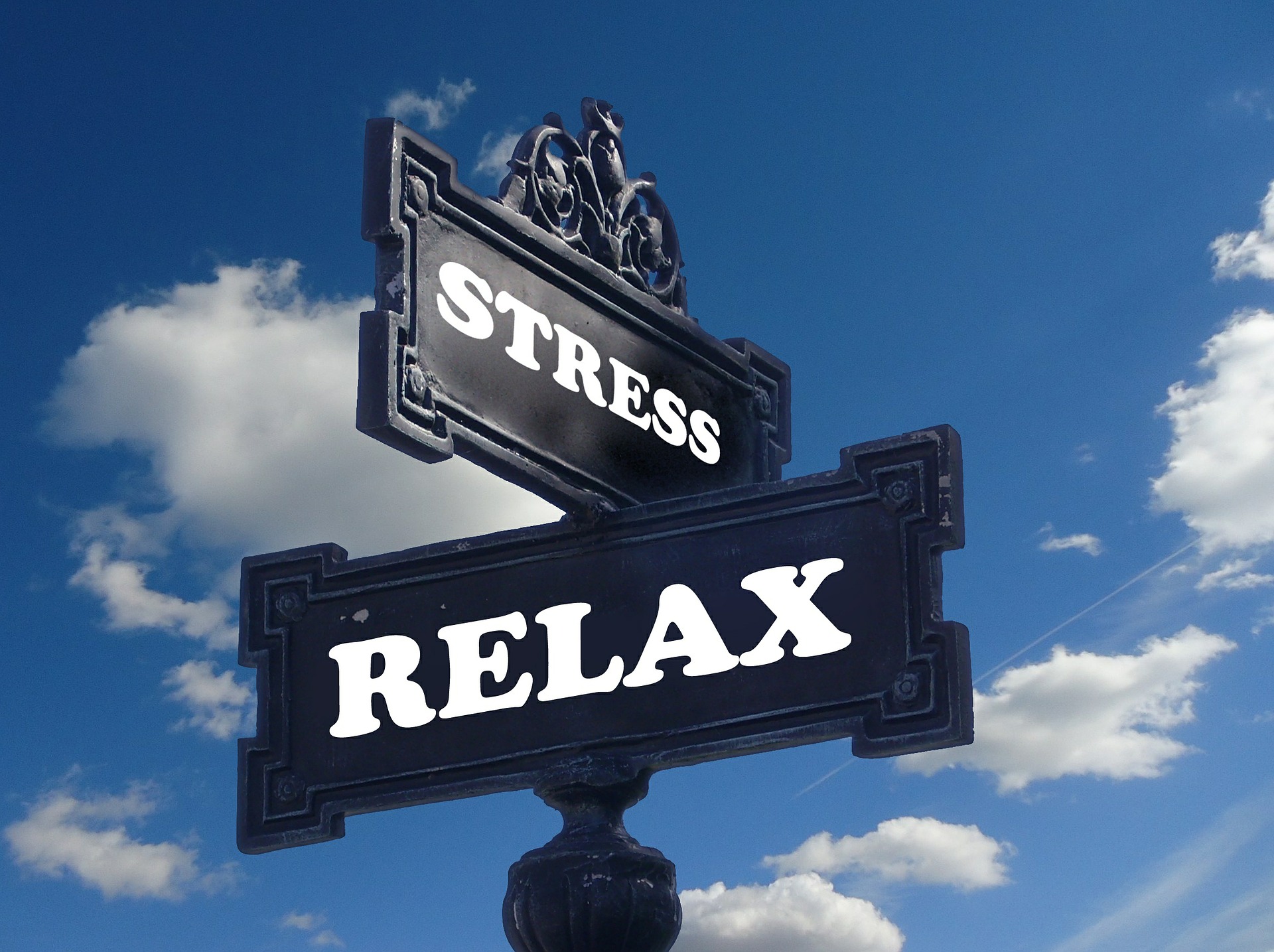Stress is a response to a situation that is perceived as challenging or difficult, either physical or emotional. It is a state that arises due to internal or external pressures, demands, or expectations, which may create feelings of fear, anxiety, or tiredness. Stress can be caused by various factors, such as work-related problems, financial or relationship issues, or health problems. It manifests in different ways and can affect a person’s mental health or physical health, leading to symptoms such as irritability, fatigue, headaches, muscle tension, and sleep disturbances.
The two basic causes of stress can be External or Internal.
Now what do we mean by External and Internal stress?
External are those that come from outside someone, examples:
Work-related problems, such as workload, overtime, or conflict with colleagues.
Relationship issues, such as divorce, separation, breakups, or family problems.
Financial bankruptcy, such as debt, unemployment, poverty, or unexpected expenses.
Environmental stressors, such as noise, pollution, or traffic.
While Internal are those that originate from within the person, such as:
Negative self-talk, self-doubt, low self-esteem, or self-criticism.
Lack of sleep or poor sleep quality.
Anxiety, worry, or fear of the unknown.
Physical or mental health problems, such as depression.
It is important to recognize the causes of stress to be able to manage and reduce its impact to our health.
Here are some tips on how to deal with both EXTERNAL and INTERNAL stress:
Identify the root of stress: Understanding the root of stress can help you find ways to cope with and manage it.
Practice relaxation techniques: Deep breathing exercises, meditation e.t.c, can help calm our mind and reduce stress.
Engage in physical activity: Engaging in a regular exercise can increase endorphins, reduce stress hormones, and improve overall mood.
Connect with others - Talking to friends, family, or support groups can help reduce feelings of isolation and provide comfort and support.
Set priorities: Prioritizing tasks and breaking them down into smaller manageable tasks can help you feel more in control and reduce stress levels.
Get enough sleep - A lack of quality sleep can increase stress levels. Aim for 7-9 hours of sleep each night.
- Take breaks - Relaxing breaks, time-outs, or quick walks can help reduce stress throughout the day.
I hope you've learnt allot from my article?
Just give me some cool votes 👍👍
Cc @hiveonboard
Cc @lifestyle


Congratulations @emycrypto! You have completed the following achievement on the Hive blockchain And have been rewarded with New badge(s)
Your next target is to reach 100 upvotes.
You can view your badges on your board and compare yourself to others in the Ranking
If you no longer want to receive notifications, reply to this comment with the word
STOPCheck out our last posts:
Support the HiveBuzz project. Vote for our proposal!